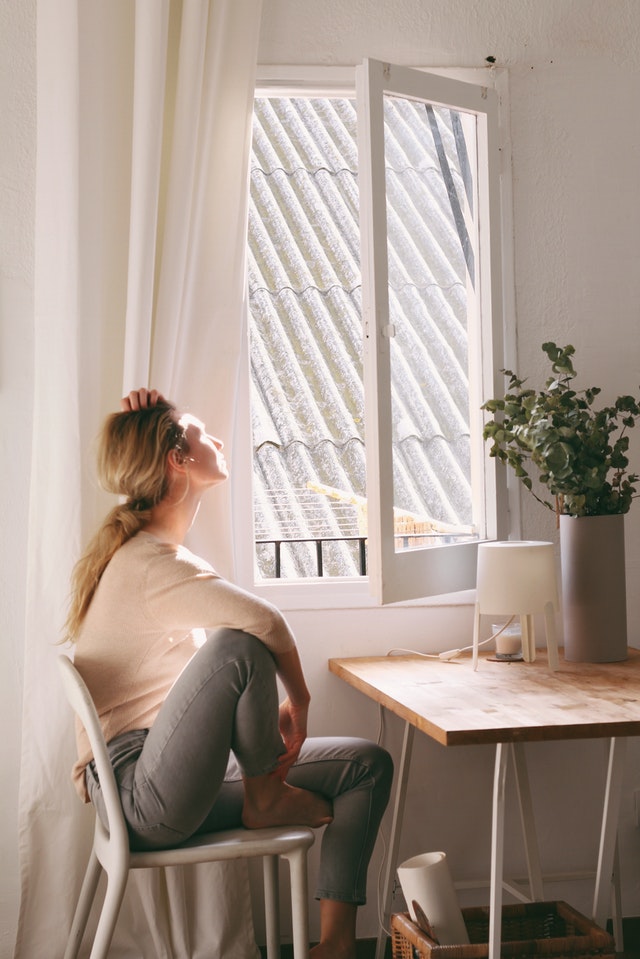
As a homeowner, you want to make educated decisions about window treatment for your home. While window shades v. window film might seem like a matter of personal preference, a comparison in value for energy efficiency and protection might make the right decision clear.
SOLAR HEAT GAIN
When shades are light-colored, lowered, or closed completely they are effective at blocking sunlight and lowering the heat in the room. However, in sunny places like Florida, shades may only reduce heat gain up to 45%. Moreover, some darker styles of shades may actually trap solar heat and raise the temperature in the room.
Unlike window shades, window film can block up to 78% of the sun’s heat as well as absorb the remaining heat that isn’t reflected. The ability of window film to reflect sunlight before it enters a room equals greater saving on energy bills from lower air conditioning load. Furthermore, the insulating properties of window film works to minimize home heat loss through window glass when the outside temperature drop. This accounts for year-round energy savings for the homeowner.
GLARE REDUCTION
Glare on screens or business displays is an unfortunate side effect of direct sunlight. While shades allow you to block or redirect light, lowered shades make rooms darker and require more interior lighting to substitute for the loss of natural light. The use of shades to protect from glare accounts for increased energy usage and cost.
Conversely, window film allows in an abundance of natural light without excessive brightness and glare. Window film is transparent enough so you can look out the windows and enjoy the scenery. Studies have shown that homeowners who have more natural light at home enjoy an increased sense of well-being and positive mood.
UV PROTECTION
The sun’s UV rays can be damaging to people and property with consistent exposure over time. For example, damaging UV radiation that filters through untreated windows can be the culprit of skin damage and cancer. When it comes to interior fixtures, prolonged sunlight exposure increases premature fading on fabrics, furniture, and flooring. Unlike, window shades that may fade or crack from sun exposure, window film block up to 99% of UV rays to provide safe, natural light for the home.
PRIVACY
Privacy is important for businesses that want to protect their patrons and homeowners who want to safeguard their valuables from prying eyes. While window shades will protect interior views from onlookers, it is at the expense of natural light. Window films with reflective properties are a different kind of window treatment that allows you to see outside during the day but protects your interiors from unwanted attention.
SAFETY
There’s no price when it comes to safety. While window shades may block some shattering glass from wreaking havoc on a room, window film is a superior choice for safety because it helps keep the window intact during an emergency.
When it comes to choosing the right window treatments for your home or business, the choice between window films versus window shades is an important one. Depending on your goals, window film may give your more bang for your buck.

